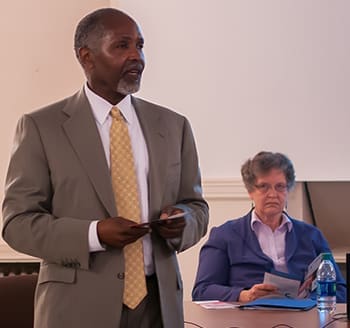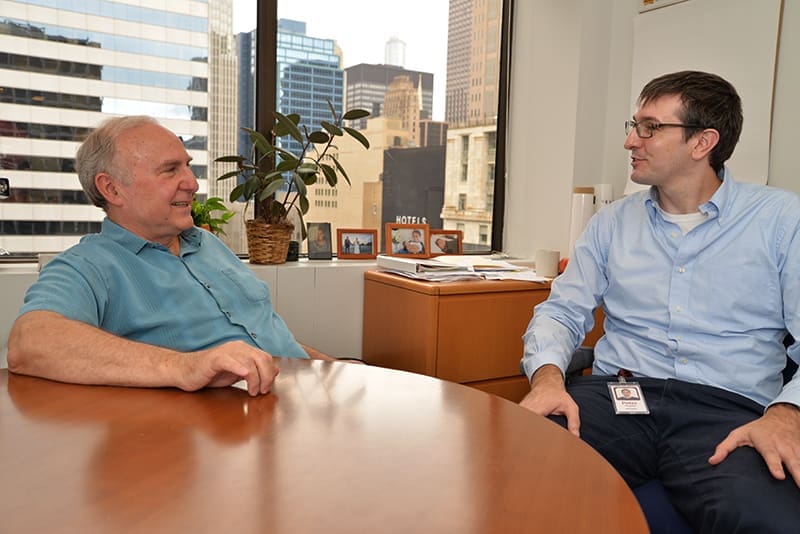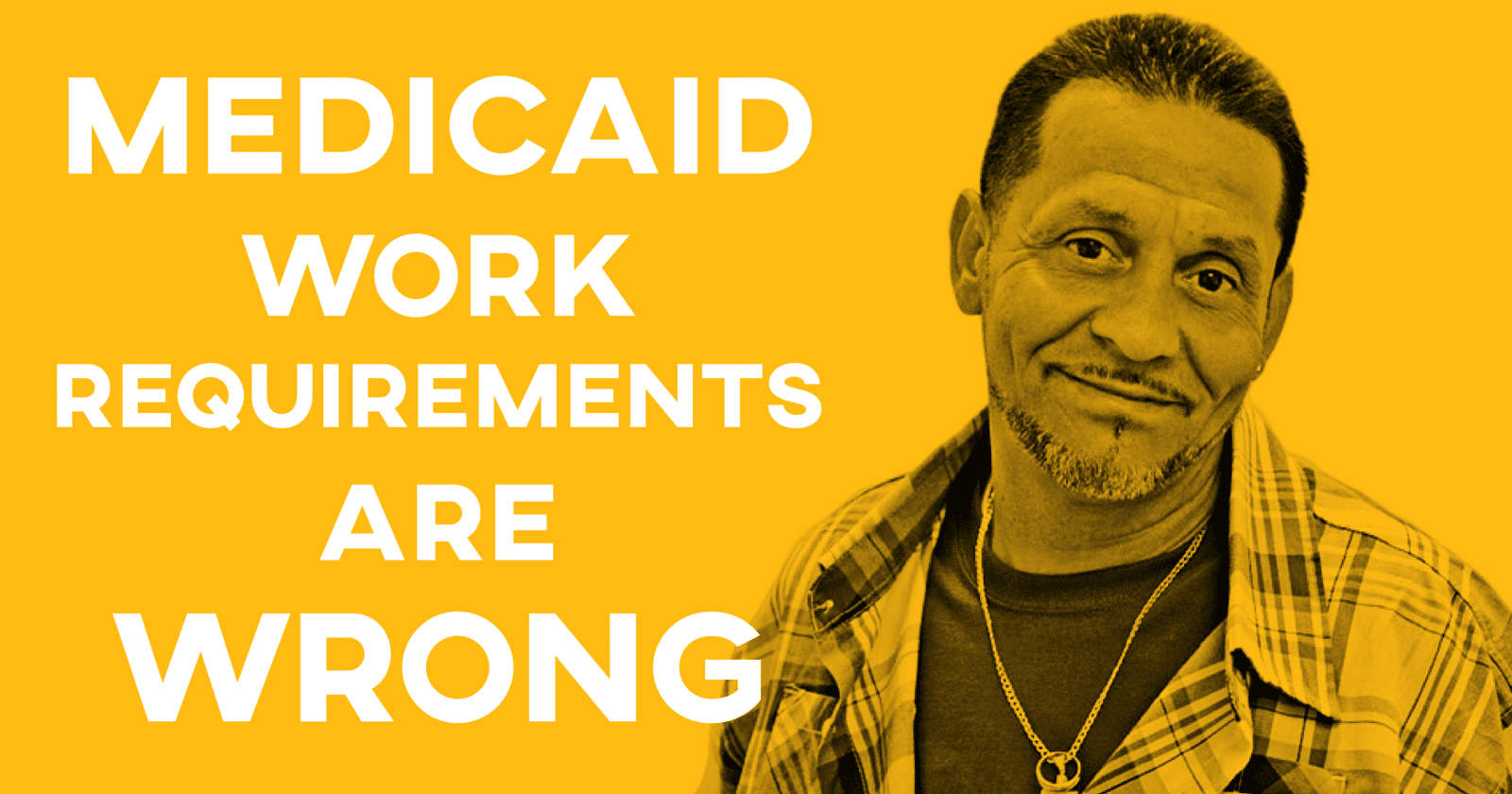 There seems to be a lot of pressure on people to understand the new health reform law—and for good reason. It goes into effect on January 1, 2014.
There seems to be a lot of pressure on people to understand the new health reform law—and for good reason. It goes into effect on January 1, 2014.
But understanding has never been so daunting.
For starters, what do we even call our new health care system? When newscasters talk about the Affordable Care Act (ACA), are they also referring to ObamaCare? How will the new health care law affect Medicaid and Medicare? Will I be able to see the same HIV doctor, who has taken care of me for the last ten years?
Perhaps Romel Powell said it best: “It’s kind of rocket science.”
Powell is the community outreach and prevention specialist at Mount Sinai Hospital on Chicago’s West Side. He attended an informational forum called Health Care Reform and YOU, presented by HIVHealthReform.org and the AIDS Foundation of Chicago (AFC).
The event took place July 17 at Stroger Hospital on Chicago’s West Side to explain, in the simplest terms possible, what was at stake for people with HIV amidst our transforming health care system.
“The purpose of the ACA forums is to educate the community on ways health care reform will directly affect them,” said Jessie Beebe, AFC’s health services specialist, who played a key role in organizing this series of information sessions.
“We want to provide and empower individuals with a roadmap for entering the new health care system. Ultimately we want this knowledge to enable individuals to navigate this system and increase their access to health care, improving their quality of life.”
The audience at Stroger Hospital was diverse. Several people were there to grasp a more thorough understanding of the ACA for themselves, while others attended as social service providers, seeking to share information with clients.
“The forum will give me an opportunity to explain what kind of insurance will be available for the people I serve,” Powell said. He primarily works with men who have sex with men, who are homeless, in their late teens, early 20s, and living with HIV. “I can tell them how this new law is going to affect them and the importance of being more responsible when it comes to physical and emotional health.”
Wanda Savala, Youth Prevention Program Coordinator at Chicago House, had a similar perspective. She organizes HIV testing events throughout the city.
“If a teen tests positive, I want to be able to give them more meaty details about what to expect about health care,” Savala said. “We have a Connect 2 Care program at Chicago House, and it’s great, but I want to tell people in that moment, ‘Hey, look, you have insurance options now. Here are the nuts and bolts of what it might look like. Our Connect 2 Care coordinator will walk you through what all of this means.’ ”
Without the ACA, this population—young people who live with HIV and experience poverty—would continue to be extremely vulnerable. Under pre-health reform terms, people over 18 years old would not qualify for Medicaid based on poverty and HIV status alone.
However, the ACA is righting this wrong.
“For me, the main takeaway from the forum was that people over 18 will have insurance,” Savala said. And that’s huge.
Young people with HIV won’t have to rely solely on the AIDS Drug Assistance Program (ADAP) or federal Ryan White funds for care. They’ll have comprehensive insurance that will address their HIV needs and other medical or mental health conditions.
Though this is one small facet of the massive law, hopefully, after reading this, it sounds more like common sense and less like rocket science.
The next Health Care Reform and YOU forum will be Monday, July 22 at the Kennedy King College’s Black Box Theatre. For more information and to register, visit, HIVHealthReform.org/reformforum, or contact Jessie Beebe at 312-334-0949.
The forum is free and open to the public. If you can’t attend but want some answers to the questions at the beginning of this post, check out this important video from Kaiser Family Foundation.



